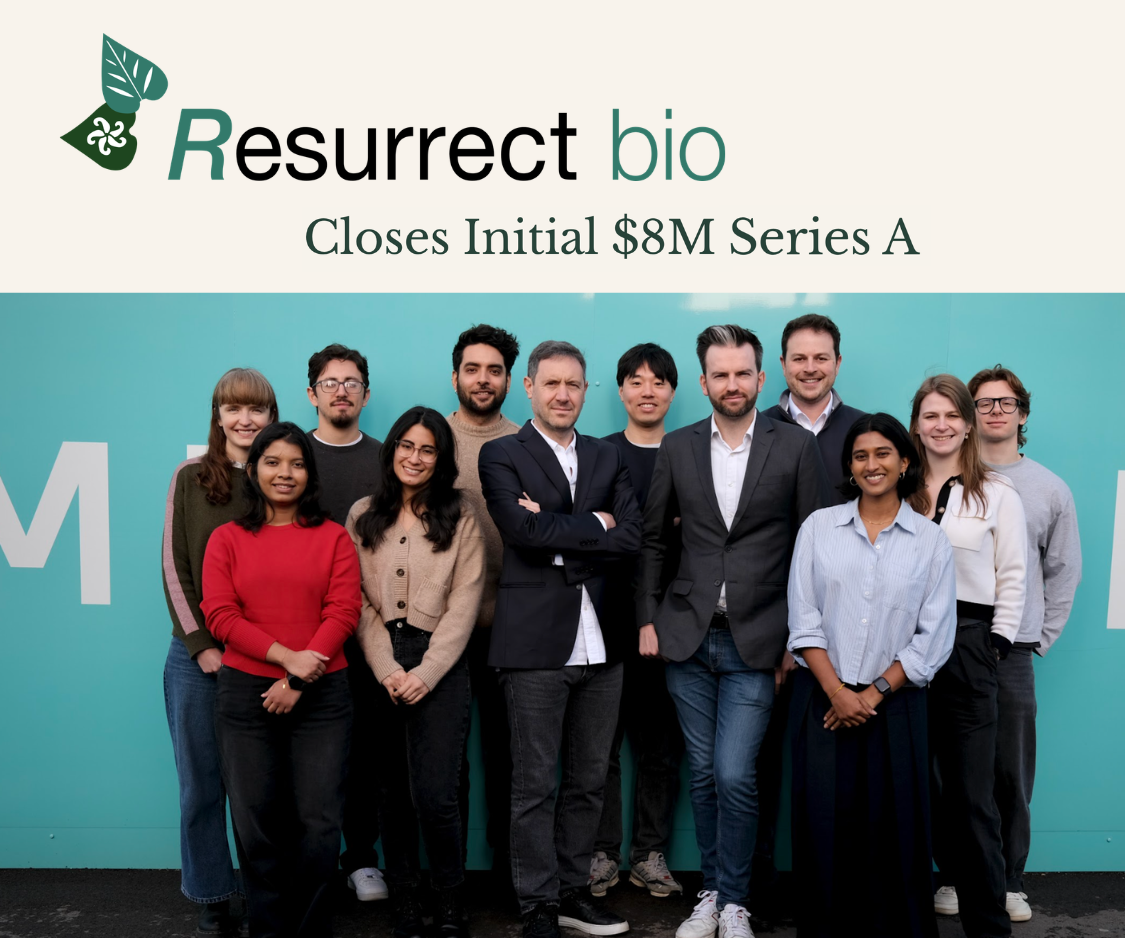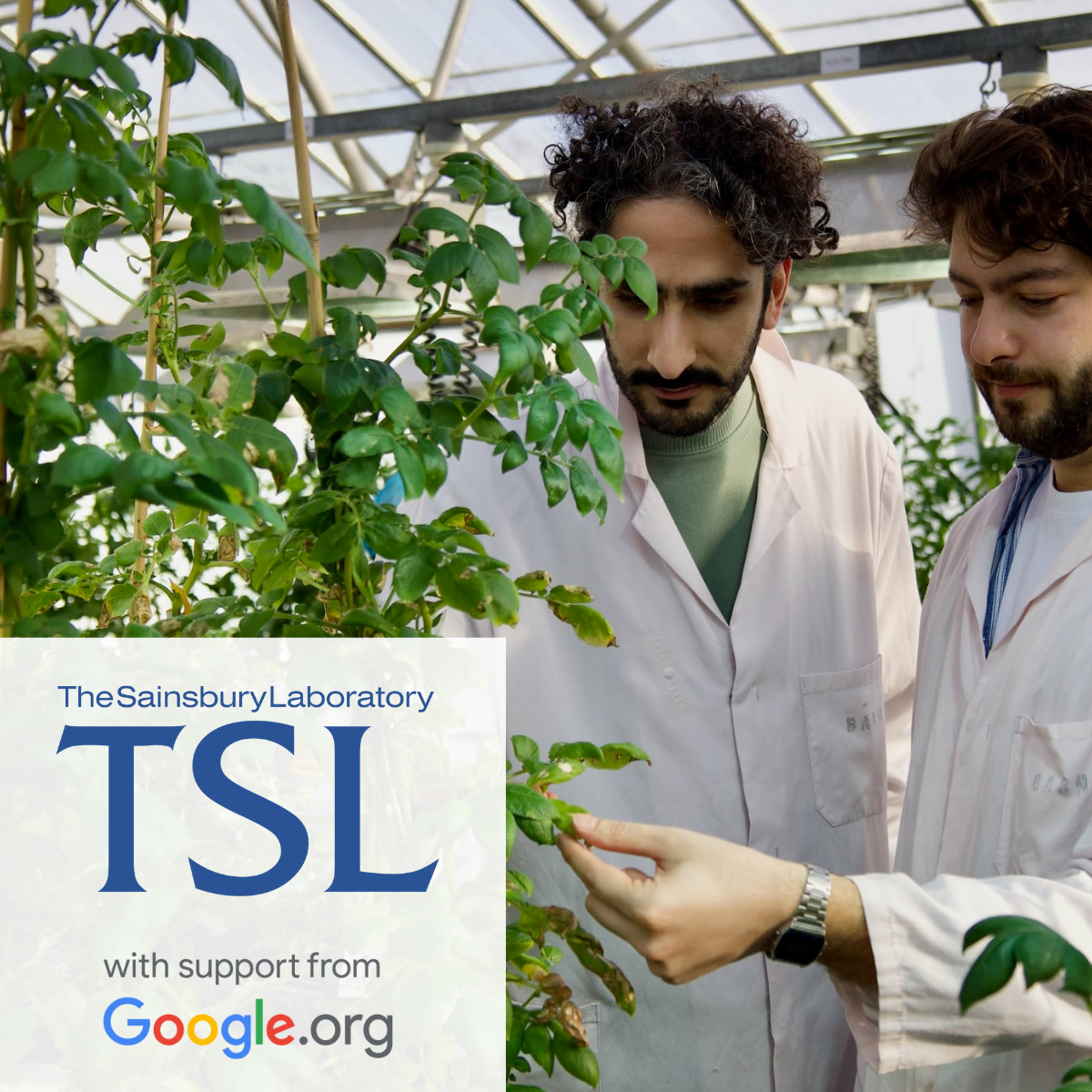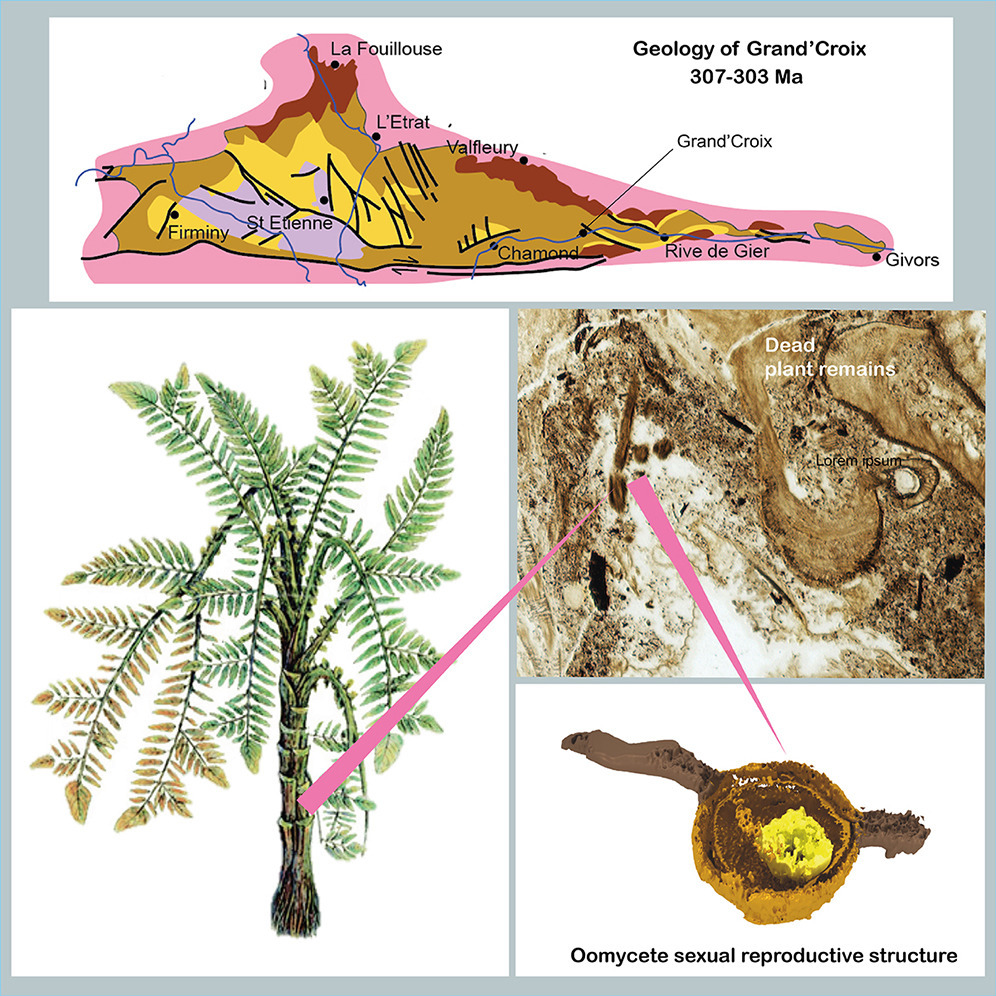The Wolfson Foundation supports a revolutionary new plant and microbial sciences hub
We are delighted to announce that the Wolfson Foundation is generously supporting The Sainsbury Laboratory and the John Innes Centre’s ambitious vision Healthy Plants, Healthy People, Healthy Planet (HP3), by awarding £1.1 million to the project. This will contribute towards the development of an Advanced Technology Centre, a state-of-the-art facility for biomolecular sciences and bio-imaging.

The Advanced Technology Centre will enable seamless, interdisciplinary science and advanced computational approaches to be taken into the future enabling the institutes to be truly world-leading in plant and microbial sciences research and establish the Norwich site as a national research hub.
The Sainsbury Laboratory and the John Innes Centre are committed to using their science to provide a step-change in capability that will enable us to tackle one of the world’s most significant scientific challenges. In the face of the climate emergency, it is imperative that agricultural production is transformed to become a net carbon zero activity that no longer relies on fossil fuels.
HP3 is a joint vision between our world-leading institutes that seeks to secure a safer, healthier and more sustainable future through the power of plant and microbial science.
Investment in new infrastructure to replace buildings established in the 1960s will revolutionise our capabilities and therefore maximise the potential benefits of plant and microbial research in achieving this vision. We are building a case for capital investment in cutting-edge, future-proofed facilities to supercharge national ability to translate scientific knowledge into practical solutions.
In the last few years, we have quickly garnered support from private and governmental stakeholders to create a UK hub for plant and microbial research. The HP3 project was highlighted in the UK Plant Science Research Strategy as the sort of specialised hub that should receive investment in order to provide world-class national capabilities. Last year, the project was also awarded £1,1 million by the UKRI to enable early-stage concept designs of our zero-carbon building.
Professor Nick Talbot FRS, Executive Director of The Sainsbury Laboratory, said: “The HP3 vision is a bold and ambitious one, which is what we need if we are to achieve net zero agriculture in the face of the climate emergency. We are very excited that the Wolfson Foundation recognizes the enormous potential of plant and microbial sciences in helping us secure a safer, healthier and more sustainable future. With the generous support of the Wolfson Foundation, the Advanced Technology Centre will enable us to be at the very cutting edge of plant and microbial research, with complete integration of structural, analytical and cell biology facilities with the latest approaches in artificial intelligence and machine learning.
We are very honoured to add the Wolfson Foundation’s prestigious name to our growing list of supporters. It is incredibly exciting to see how our ambitious vision for transforming global agriculture through innovation is becoming a reality.”
Professor Dale Sanders FRS, Director of the John Innes Centre, said: “This generous support from the Wolfson Foundation is an important step in delivering our ambitious plans for the future. We are delighted to have such a prestigious foundation backing the project. Healthy Plants, Healthy People, Healthy Planet aims to enable a step change in plant and microbial science and this funding will support an innovative Advanced Technology Centre within a state-of-the-art research hub to provide solutions to some of the world’s most pressing challenges. It will support the UK as a global leader in plant and microbial science and enable researchers across the UK to address strategic challenges in plant and microbial sciences”.
Paul Ramsbottom, Chief Executive of the Wolfson Foundation, said: “The twin challenges of making food production more sustainable and protecting the planet’s natural resources are set against a backdrop of growing global population and a rapidly changing climate. These are issues that concern us all. We are delighted to award a grant to the ambitious HP3 initiative, which will transform the facilities of the John Innes Centre and The Sainsbury Laboratory – both international leaders in their field."
The Wolfson Foundation is an independent charity with a focus on research and education. Its aim is to support civil society by investing in excellent projects in science, health, heritage, humanities and the arts. Since it was established in 1955, some £1 billion (£2 billion in real terms) has been awarded to more than 12,000 projects throughout the UK, all on the basis of expert review.
The Sainsbury Laboratory is an independent research institute that focuses on plant health for a sustainable future. It makes fundamental scientific discoveries in molecular plant-microbe interactions and applies these to reduce crop losses caused by plant diseases, particularly in low-income countries. Around one hundred and twenty staff and students work and study at the Laboratory which is located on the Norwich Research Park, United Kingdom. The Laboratory is generously supported by the Gatsby Charitable Foundation and by the University of East Anglia, wins competitive grants from the BBSRC, ERC and other research grant funding bodies and, for some research programmes, is funded by commercial companies. Established in 1987, highlights of The Sainsbury Laboratory include: discovery of RNA interference in plants by Prof. Sir David Baulcombe FRS as recognised by the Lasker Award and the Wolf Prize in Agriculture, discovery of the first immune receptor in plants by Prof. Jonathan Jones FRS, three current Group Leaders are Fellows of the Royal Society, and five researchers who have been on the Highly Cited Researchers list of top 1% scientists in the world since 2018.
The John Innes Centre is an independent, international centre of excellence in plant science, genetics and microbiology. Our mission is to generate knowledge of plants and microbes through innovative research, to train scientists for the future, to apply our knowledge of nature’s diversity to benefit agriculture, the environment, human health, and wellbeing, and engage with policy makers and the public.
We foster a creative, curiosity-driven approach to fundamental questions in bio-science, with a view to translating that into societal benefits. Over the last 100 years, we have achieved a range of fundamental breakthroughs, resulting in major societal impacts. Our new vision Healthy Plants, Healthy People, Healthy Planet (www.hp3) is a collaborative call to action. Bringing knowledge, skills and innovation together to create a world where we can sustainably feed a growing population, mitigate the effects of climate change and use our understanding of plants and microbes to develop foods and discover compounds to improve public health.
The John Innes Centre is strategically funded by the UKRI-BBSRC (Biotechnology and Biological Sciences Research Council) and is supported by the John Innes Foundation through provision of research accommodation, capital funding and long-term support of the Rotation PhD programme.


